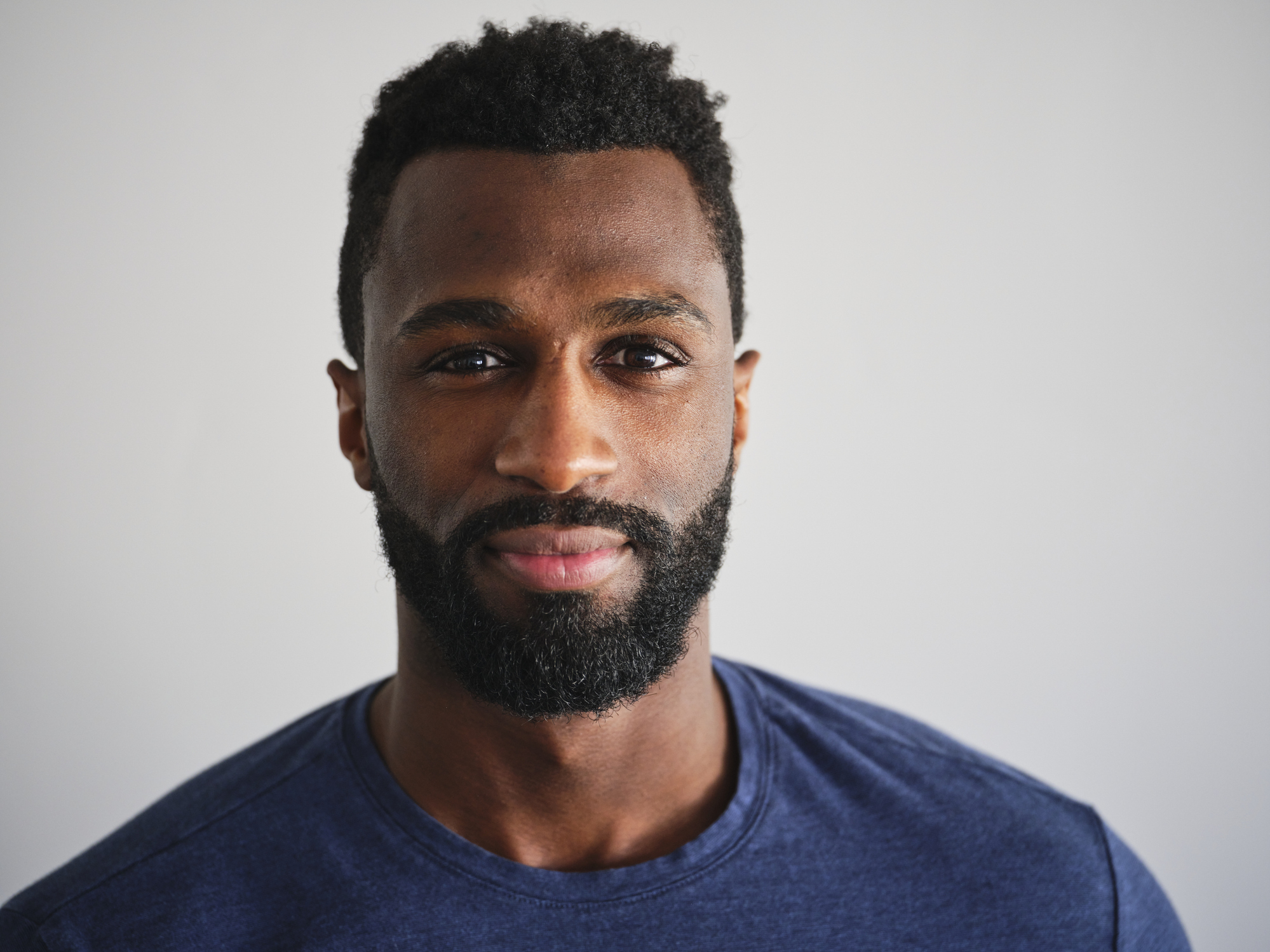The health benefits of facial hair: A unique shield for your skin
As someone who has had facial hair for more than half my life – whether it was the goatee fad of the late ’90s to today’s popular beard trend – I’ve often wondered if the look comes with any health and wellness benefits.
Aside from keeping my face warm through the harsh New England winters and making my wife of 20-plus years happy (she’s not a fan of me being clean shaven and I can’t say I blame her), it turns out there are numerous benefits to growing and maintaining facial hair.
Beyond aesthetics, scientific studies and expert opinions reveal that facial hair offers several protective, health-boosting benefits for your skin and overall well-being. However, just like any other grooming practice, it’s important to clean and sanitize your facial hair properly to maximize these benefits and maintain good hygiene. In recognition of World Beard Day – September 6 – and the 54% of men who proudly sport facial hair, let’s look at some of its many advantages.
- Natural protection against UV radiation: One of the most significant health benefits of facial hair is its ability to act as a natural barrier against harmful ultraviolet (UV) rays. In fact, facial hair can provide protection for the skin beneath it, significantly reducing sun exposure. This helps prevent sunburns, premature aging, and even skin cancer. The hair on your face helps shield delicate skin from UV rays, acting as a natural form of sunscreen.
- Reduced skin irritation: For individuals prone to razor burn, bumps, or ingrown hairs, facial hair can provide a natural solution. Shaving can cause irritation to sensitive skin, leading to redness, itching, and even breakouts. In contrast, facial hair allows you to skip shaving altogether, giving your skin a chance to heal and breathe. A study from The American Academy of Dermatology confirms that not shaving and maintaining facial hair can help reduce the risk of skin irritation and
- Improved skin moisture retention: Facial hair can help keep your skin moisturized by acting as a barrier against environmental factors like wind and cold weather, which can lead to dry skin. Facial hair traps moisture and reduces the loss of essential oils from your skin. This moisture retention can be especially beneficial during the colder months when the skin is prone to dryness and cracking.
- Fewer allergens: Interestingly, facial hair may also act as a filter for allergens in the air. Pollen, dust, and other allergens can get trapped in facial hair, preventing them from making direct contact with your skin or entering your respiratory system. The American Lung Association explains that this filter-like quality of facial hair can help reduce allergic reactions and sensitivities for individuals who are prone to environmental allergies.
- Increased confidence and self-expression: While this may not seem like a direct health benefit, there is a psychological component to having facial hair that cannot be ignored. Research published in VOLT Grooming highlights that many individuals feel more confident and empowered when they have facial hair. This boost in self-esteem can lead to reduced stress levels, a sense of comfort with one’s identity, and overall improved mental health.
Properly cleaning and sanitizing your facial hair
Although facial hair offers many benefits, it's important to properly care for and maintain it. Neglecting proper hygiene can lead to the accumulation of bacteria, dirt, and oils that may cause skin issues or discomfort. Here are some expert-backed tips for keeping your facial hair clean and healthy:
- Use gentle facial hair shampoo: Just as you would wash your scalp with shampoo, it’s essential to use a special facial hair shampoo to cleanse your beard or mustache. Regular soap can be too harsh and strip the natural oils from your facial hair. Look for products that are sulfate-free and designed specifically for facial hair care.
- Exfoliate the skin beneath: While your facial hair protects the surface of your skin, the skin underneath still needs attention. Use a gentle exfoliator once or twice a week to remove dead skin cells and prevent ingrown hairs. WebMD recommends exfoliating in circular motions to avoid irritating the skin.
- Moisturize regularly: Dry facial hair can be uncomfortable and unsightly. Moisturize your beard and the skin underneath with a beard oil or balm. These products typically contain essential oils like jojoba or argan oil that nourish the hair and skin, keeping everything hydrated and healthy.
- Sanitize and disinfect tools: Regularly clean your grooming tools, such as combs, scissors, or clippers, to avoid spreading bacteria. You should disinfect these tools after each use, particularly if you have sensitive skin or if your facial hair is prone to acne.
- Avoid touching your face: Constantly touching your face and facial hair can transfer dirt, oil, and bacteria from your hands to your skin. This can lead to clogged pores and skin issues. Try to avoid unnecessary touching and always wash your hands before grooming.
- Trim and maintain your facial hair regularly: Keeping your facial hair at an optimal length is not only about aesthetics but also hygiene. Trimming facial hair ensures that it doesn’t trap too much dirt or sweat. Regular grooming will also prevent tangles and discomfort.
Facial hair is more than just a fashion statement—it provides several health benefits, from UV protection to reduced skin irritation and improved moisture retention. It also offers a unique psychological boost that can contribute to better mental health.
However, like any other part of your body, facial hair requires proper care and attention. By cleaning, moisturizing, and maintaining your facial hair, you can ensure it remains healthy and hygienic, contributing to your overall well-being. So, embrace your beard or mustache—it's not just about looking good, it's about feeling good too.

.png?width=800&height=333&name=Copy%20Option%203%20(4).png)